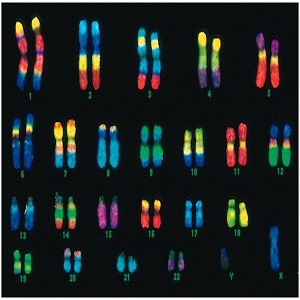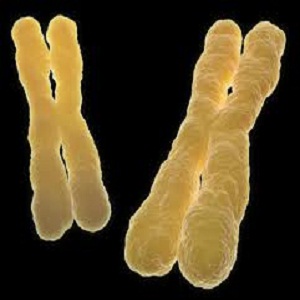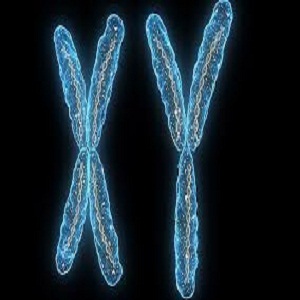Difference between Male and Female Chromosomes

Curious to know what determines the gender of a baby?
The mystery lies in the chromosomes. The knowledge of chromosomes is essential for understanding human genetics. The field has attracted much research and everyday there are ongoing discoveries. Human cells consist of 46 chromosomes which make 23 pairs. In males and females, the first 22 are similar across both genders and are known as autosomes. The last one pair (23rd) is known as the sex chromosome and makes all the difference.
Instructions
-
1
The sex chromosome of females contains two X's while that for males contains one Y and one X. The presence of this last chromosome pair determines the gender of a baby. Apart from the X and Y difference, these chromosomes have many other differences which form the characteristics of the two genders. Knowing these differences is going to help you understand the differences between the genetic make up of the two genders and pave way for more research.
The behaviour of this X chromosome in males is different from those in the female chromosome.
The female chromosome has more working genes than the male one. It is known to have more than 1000 working genes while the male chromosome has less than 100. Of these 1000 working genes, 200 to 300 are gender specific while the remaining are shared across the two genders.
Average female chromosomes are recorded to be greater in size than male chromosome. Exceptions may occur but these are the average measurements. The specific cause for this is not known yet.
Female Chromosome:
The female sex chromosome pair does not contain any Y chromosome. The pair is an XX and the two X chromosomes are equal in size and chromosomal pairing.
An additional X chromosome, giving an XXX configuration, results in triple X syndrome where a women is taller than others and has an average IQ. If there is just one X in the sex chromosome, the Turner’s syndrome occurs where a born female is shorter, infertile and lower in IQ level than those with normal XX pairs.
Image courtesy: improve.com
-
2
Male chromosome:
The male chromosome has an X and a Y. These two do not have any chromosomal pairing due to differences in individual sizes. Those chromosomes with an additional X, making XXY, have some female characteristics while those with an additional Y (XYY) form super men with aggressive male behaviour.
Image courtesy: telegraph.co.uk







